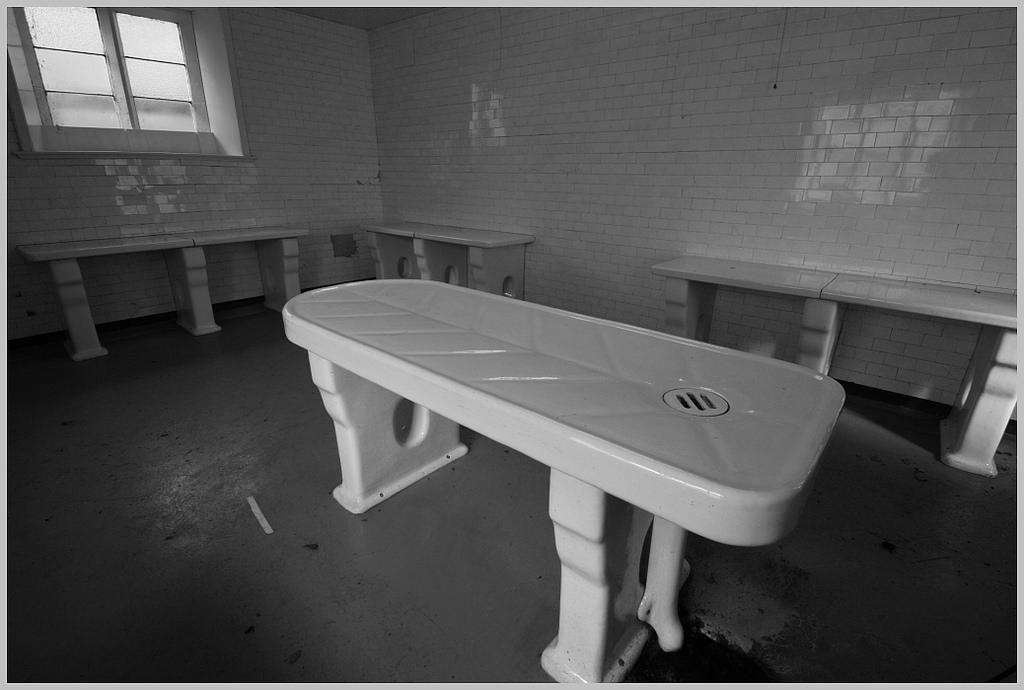Body brokers, also known as non-transplant tissue banks, serve as middle men between donors and medical researchers or training organizations. They acquire donations of dead bodies, dissect them as needed, and sell the parts for profit. This supply of cadavers and body parts is extremely important for medical research and the training of health professionals; however, reports have emerged about the abuse and mistreatment of these donations by some body brokers, and the lack of nationwide regulations that have allowed such operations to continue.
Bodies can be donated to either a university, the state, or a body broker; the latter being a common route due to cost and convenience. Although there are more than 100 body donations programs operated by medical schools or states, many donors are unaware of such programs or live too far from them. The supply of free bodies largely come from the poor, who may not be able to afford a traditional funeral. In exchange for the donation to science and medicine, the brokers typically offer to cover the cost of cremation. They also solicit more extensively and have fewer requirements for the donor’s health conditions than state or academic institutions.
In contrast to the organ and tissue transplant industry, the sale of cadavers or body parts for research or educational training is not nearly as well–regulated by the government. The Uniform Anatomical Gift Act (UAGA) regulates who can donate and receive a body or organ for transplant purposes, but it does not address how the bodies are treated after donation or provide a list of the rights of the next of kin.
There is no national registry of these non-transplant tissue banks, and only a few states actually track the donations and sales of the bodies and body parts. Most states do not have rules for the use of the donated bodies, nor do they offer rights to the donor’s next of kin. This allows the body brokers to operate in the shadows. The donated bodies can become difficult to track, which reduces the likelihood that they are handled with dignity.
There have been cases in which bodies were used without consent, donors were misled about how bodies would be used, bodies were dismembered and stored in dismal conditions, and bodies were discarded improperly. The lack of regulation and registry means fewer consequences for body brokers when the bodies are mistreated or misused.
Image Source: kali9
In contrast, state institutions and medical colleges often have designated Willed Body Programs that handle the donations. The American Association of Anatomists (AAA) provides suggested guidelines that include donation forms that describe all possible uses of the donated body and keeps records documenting the use and disposal of the cadavers. The AAA also recommends review of the records and handling measures to ensure that the bodies are treated securely, safely, and with dignity.
Having such measures in place for the body broker industry would help to ensure that donors and their families are giving informed consent and can have peace of mind that the bodies of their loved ones are being used for the purposes agreed to. A national registry and an oversight committee that review practices can help with transparency and quality control, ensuring that bodies and body parts are handled appropriately and with dignity. These donations happen when families are vulnerable, and rules need to be put in place in order to preserve the dignity of the donor and avoid extending their family’s grief.
Featured Image Source: Skin – ubx by 002 Mortuary










